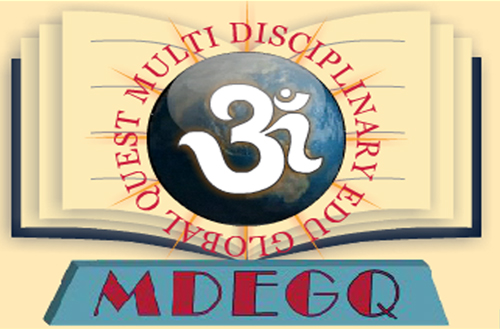YASMINE GOONERATNE'S A CHANGE OF SKIES: A STUDY IN DIASPORIC EXPERIENCE
Etymologically, the term ‘diaspora’ is derived from the Greek term ‘diasperien’. ‘Dia’ means ‘across’ and ‘sperien’ means ‘to sow or scatter seeds’. Currently, the term, ‘diaspora’ is referred to those displaced communities which have been dislocated from their homeland through migration, immigration or exile. They are the hordes of displaced persons and communities moving across the globe. ‘Diaspora’, therefore, suggests dislocation from a geographical location of origin and relocation in another territory or country. This physical movement of dislocation of human beings from the homeland contains multiple feelings of trauma, joy, security, peace etc. It denotes four major elements in the historical process, namely, homeland, migration, displacement and settlement. Displacement, whether forced or self-imposed, results into a sense of loneliness, calamity, insecurity, nostalgia and alienation.
The present paper analyses Gooneratne's first novel A Change of Skies as a study of diasporic experience. The novel deals with a Sri Lankan family living in Australia. Gooneratne portrays the immigrant experience as funny and poignantly ironic. It tells a story of Bharat and Navaranjini Mangala-Davasinha who move to Australia from Sri Lanka in the early 1970s. Initially, they intend to migrate temporarily for Bharat to work as a visiting professor at Southern Cross University in Sydney. Weaving a story of a journey by a Sri Lankan couple, the novelist describes the human migration to the host culture, the reasons of it and the difficult process of assimilation into the host culture. The writer describes the inevitable movements of the couple between the original and the adoptive homes. Their diasporic condition is portrayed through their perception of identities and belonging. Acculturation or adoption of changes in external behavior begins early enough but assimilation or the ability to react instinctively and emotionally to a culture is a far slower process.
